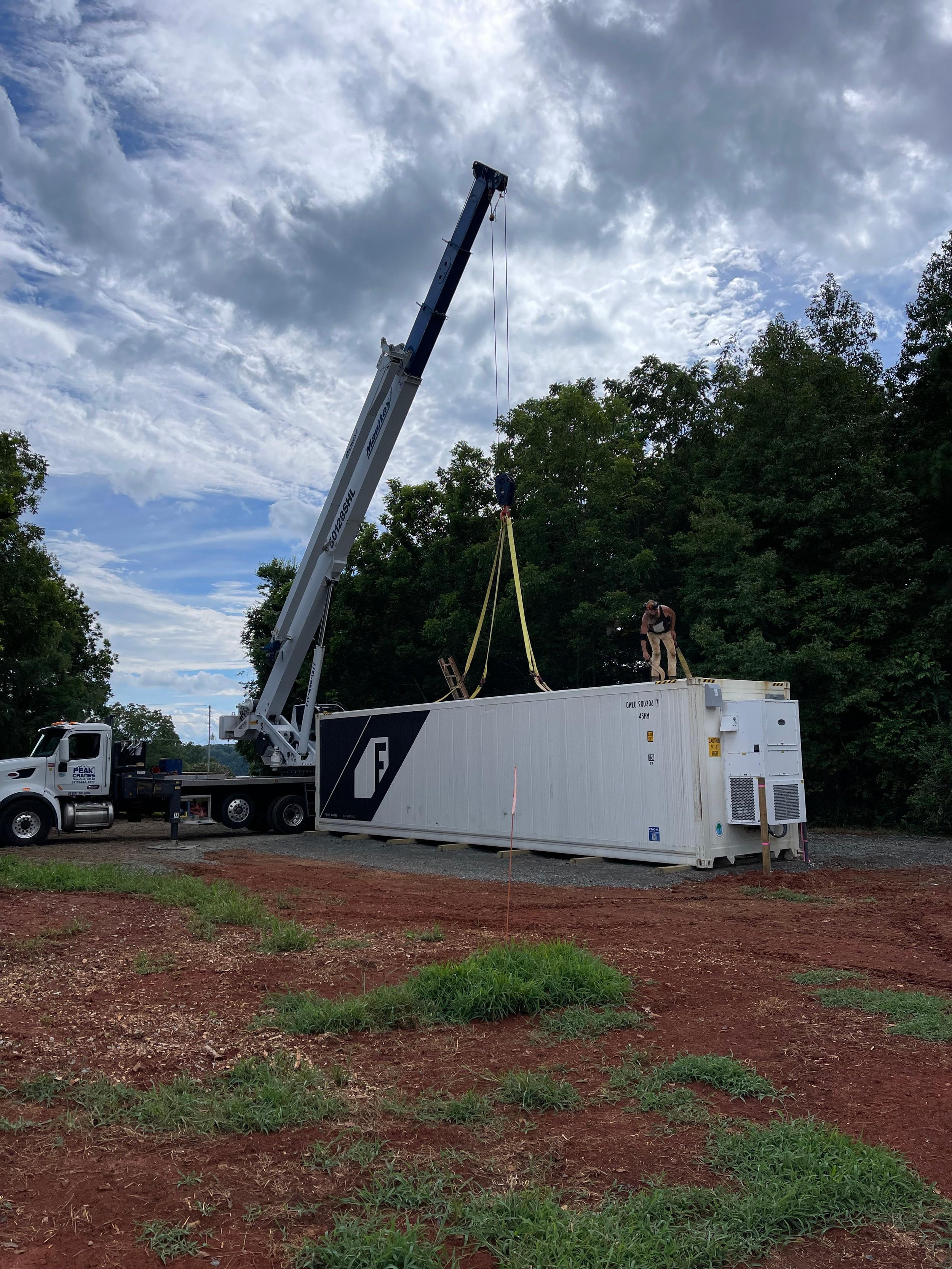Freight Farms vs. Traditional School Gardens: A Comparative Analysis
Urban farming is revolutionizing how we think about food production, sustainability, and education. Integrating farming technologies into educational settings supports practical learning and instills values of environmental stewardship and community engagement among students. Among the forefront of innovative urban farming solutions in schools is Freight Farms, a company that builds hydroponic farming technology in shipping containers, enabling year-round food production in any climate.
This comparative analysis of Freight Farms and traditional school gardens explores their benefits, challenges, and impact on educational environments. By examining various aspects such as space efficiency, cost, educational value, and sustainability, we aim to highlight the advanced capabilities and advantages of Freight Farms over conventional gardening methods in K-12 schools.
Understanding Freight Farms
Freight Farms is at the cutting edge of urban agricultural technology, offering a compact, controlled, and productive farming system housed within a repurposed shipping container. These hydroponic systems allow plants to grow in a water-based, nutrient-rich solution, foregoing the need for soil and reducing mess and maintenance associated with traditional gardening. Ideal for educational settings, Freight Farms provides a hands-on learning environment that can be integrated directly into school curricula.
Key Features
The main allure of Freight Farms in an educational context is its all-inclusive nature and ease of use. Equipped with advanced climate control and a fully automated hydroponic system, these farms allow students to engage in agricultural practices regardless of the season or local climate conditions. This means that educational programs can run uninterrupted throughout the year. Additionally, Freight Farms' proprietary farmhand® app not only manages the farm’s operations but also serves as an educational tool, offering students insights into the biological and technological aspects of farming.
Educational Benefits
One of the primary advantages of incorporating Freight Farms into school programs is the opportunity for multidisciplinary learning. Students can apply concepts from science, technology, engineering, and mathematics (STEM) directly to their farming practices, making learning both interactive and impactful. Moreover, these farms also promote responsibility and teach valuable life skills such as problem-solving, teamwork, and food literacy.
Overview of Traditional School Gardens
Traditional school gardens are as old as the concept of schools themselves, often conjuring images of small plots of earth where students plant vegetables and flowers. These gardens serve as living classrooms that teach children the basics of botany, ecology, and the nutritional value of fresh produce.
Implementation in Schools
School gardens are typically managed on school grounds in designated outdoor areas. They are used for both curricular activities—where lessons on plant life cycles, weather impact, and environmental science are integrated—and extracurricular activities such as after-school gardening clubs or community service projects. This hands-on approach helps students understand the origins of food and encourages a connection with nature.
Benefits and Challenges
Benefits
Connection with Nature: Gardens help students develop a deeper understanding of where their food comes from and foster a connection to the environment.
Enhanced Learning: Educational outcomes can include a better understanding of biological processes and increased interest in eating vegetables and fruits grown by the students themselves.
Challenges
Weather Dependency: Traditional gardens are subject to seasonal changes and adverse weather conditions, which can limit their educational use throughout the year.
Resource Intensive: These gardens require regular maintenance, such as watering, weeding, and pest management.
Space Requirements: Not all schools have the necessary space to dedicate to a garden, and urban schools, in particular, may find this to be a limiting factor.
Comparative Analysis
Space Requirements
Freight Farms: These container farms are compact and require only a parking space-sized area to operate, making them ideal for urban schools or those with limited outdoor space. The vertical farming technique maximizes yield per square foot, allowing more production in a smaller area.
Traditional Gardens: They typically require more space and are less flexible in terms of location. Schools in urban areas may find it particularly challenging to find sufficient space for a traditional garden.
Educational Impact
Freight Farms: Offers a controlled environment where variables can be adjusted to demonstrate different scientific principles, making it a powerful tool for STEM education. The technology also introduces students to modern agricultural practices and sustainability concepts.
Traditional Gardens: Provides practical experience with traditional farming techniques and can be more accessible for younger students. However, learning opportunities are often limited by seasonal changes and the simplicity of the technologies involved.
Cost Analysis
Initial Setup: Freight Farms require a higher initial investment in the container and setup. However, this technology's all-inclusive nature means fewer additional inputs are needed over time.
Maintenance: Traditional gardens may seem less costly to set up but can incur ongoing costs for tools, seeds, soil amendments, and more frequent labor inputs.
Sustainability
Freight Farms: Container farms are highly efficient in using water and nutrients. They also reduce pesticide use and have zero runoff, promoting a sustainable agriculture model that teaches students about modern ecological practices.
Traditional Gardens: While they can use organic practices, they often require more water and have soil degradation and pest management issues, which can counteract some of their ecological benefits.
Future of School Gardens with Freight Farms
As educational institutions continue to promote sustainability and technology, Freight Farms is well-positioned to become a key component of school curricula. The integration of advanced technologies in agriculture prepares students for a future in growing industries and instills a sense of responsibility toward food production and environmental conservation.
Conclusion
This comparative analysis shows that while traditional school gardens have played a significant role in education, technologies like Freight Farms present new opportunities for enhancing learning outcomes and operational efficiency. Freight Farms offers a robust, sustainable, and technologically advanced alternative that aligns with contemporary educational goals and environmental needs.










